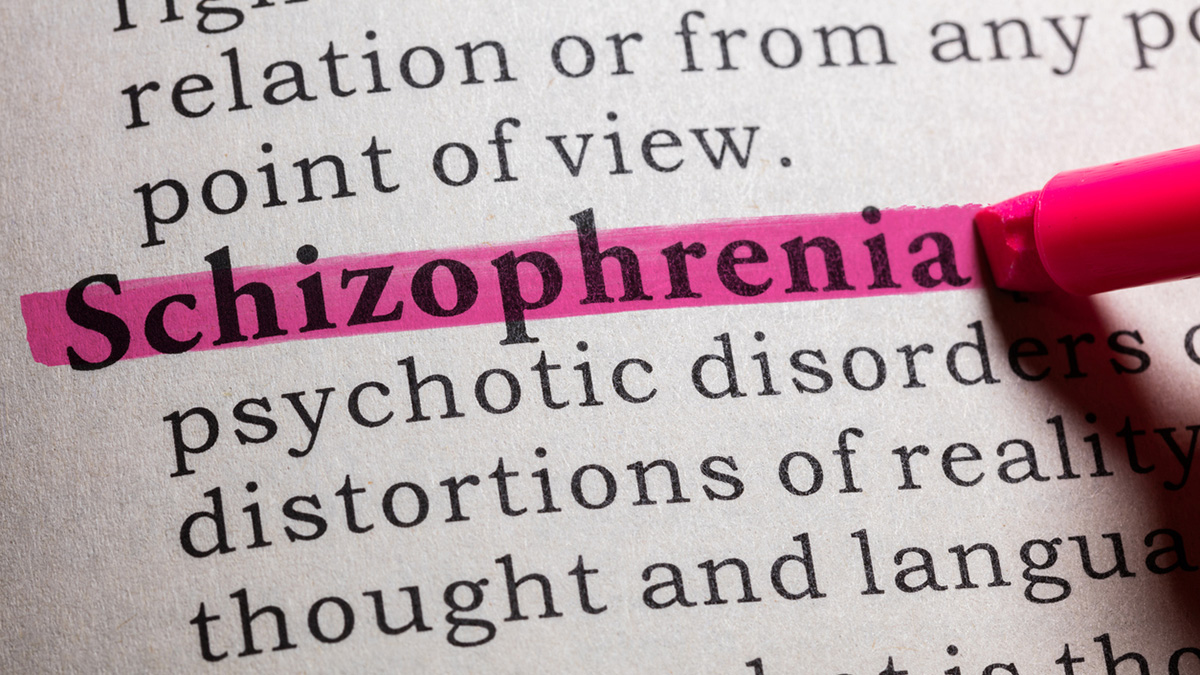Lundbeck gets cold feet, axes schizophrenia drug trial

Lundbeck has axed a phase 2 trial of a schizophrenia drug, saying that the study was unlikely to meet its efficacy target.
The company said it made the decision after a futility analysis indicated that the trial was not likely to succeed, when measured against a standard scale.
When Lundbeck began the trial at the beginning of last year, it said the drug could be a new approach to treating schizophrenia.
The company hoped to tackle persistent symptoms by inhibiting the activity of the PDE10-enzyme in the brain with Lu AF11167, which was invented by Lundbeck’s in-house research operation.
Lundbeck aimed to change the signalling of the neurotransmitter dopamine in a manner that could specifically improve negative symptoms while positive symptoms remain controlled.
But the analysis concluded that the trial was unlikely to meet its primary efficacy endpoint of change from baseline to week 12 on the Brief Negative Symptom Scale.
The secondary objective was to evaluate the efficacy of Lu AF11167 on patients’ functioning as well as the safety and tolerability of the compound.
This three-arm study was planned to randomise a total of 240 patients (80 patients per arm) from various European countries.
Dr Johan Luthman, executive vice president of R&D at Lundbeck, said: "The outcome from this interim analysis helps us to prioritise Lundbeck´s resources towards opportunities that have the highest promise for our patients. We will now close the study in a responsible manner and ensure that valuable knowledge gathered is made accessible to researchers globally."
Finding new medicines to treat schizophrenia has proved to be a tough task for Lundbeck - its share price cratered in late 2018 after another potential drug failed in a phase 3 trial.
The Danish pharma is looking for longer-term replacements for its Abilify Maintena (aripiprazole), an extended release version of the now-genericised Abilify developed with Otsuka.
Otsuka's attempt at extending the shelf-life of Otsuka also ended in failure when it teamed up with Proteus to create a "digital pill" that tracked when patients took their meds also ended in failure.
Although the drug known as Abilify MyCite was approved by the FDA it was a commercial flop that drove the former "digital unicorn" to file for bankruptcy in June.
At the same time competitors are making progress: in January Newron got FDA clearance to press on with phase 3 development of its potential schizophrenia drug, Evenamide.
The FDA agreed a plan to address potential safety issues emerging from preclinical data and concerns about a class safety problem with voltage-gated sodium channel blocking drugs.
And earlier this year Pear Therapeutics began the launch of its digital therapeutic for schizophrenia.
The smartphone-based Pear-004 app will be made available through certain healthcare providers and academic centres under the FDA guidance, which aims to speed up access to digital therapies for people with psychiatric disorders during COVID-19 crisis.












